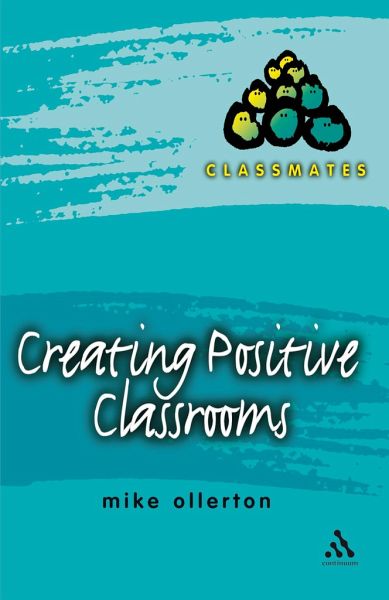
Creating Positive Classrooms

PAYBACK Punkte
9 °P sammeln!
This Classmate looks at the ways in which teachers can change and improve their teaching techniques by looking at a variety of innovative and fun ideas


Rechnungen
Bestellstatus
Retourenschein
Storno